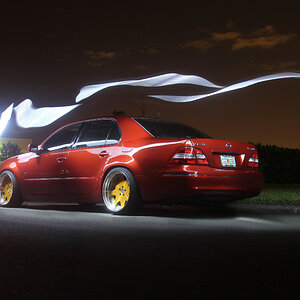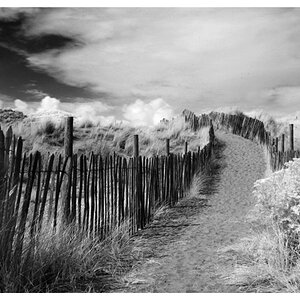I always thought it was about pixels.
If you a 35mm with the 20 mega pixel crop sensor and compare it to a 50mm with a 20 mega pixel full frame. The images and resolutions will be identified.
Or am I missing something?
Tim
Sent from my SM-J737T using Tapatalk
If you a 35mm with the 20 mega pixel crop sensor and compare it to a 50mm with a 20 mega pixel full frame. The images and resolutions will be identified.
Or am I missing something?
Tim
Sent from my SM-J737T using Tapatalk













![[No title]](/data/xfmg/thumbnail/34/34148-864c8cb333c478b2dfb9e369908dc329.jpg?1619736320)